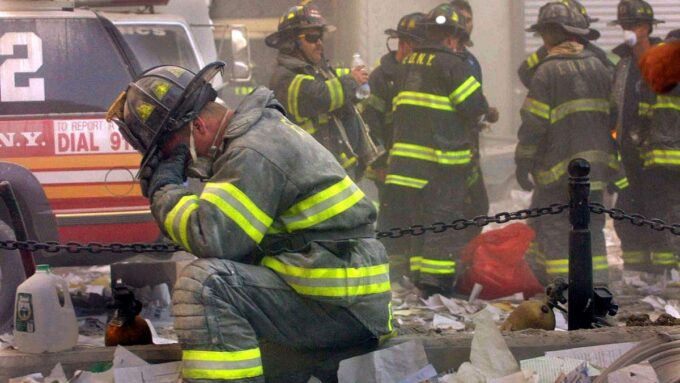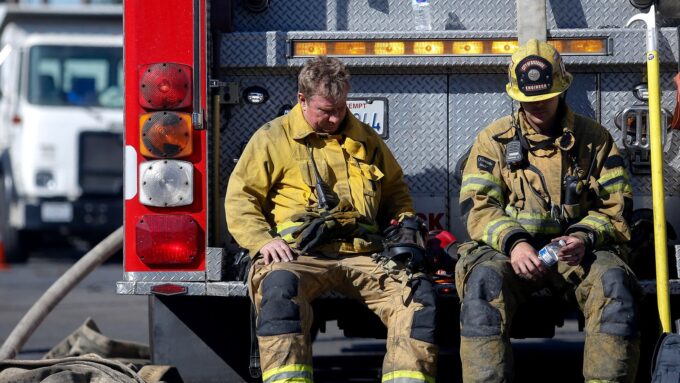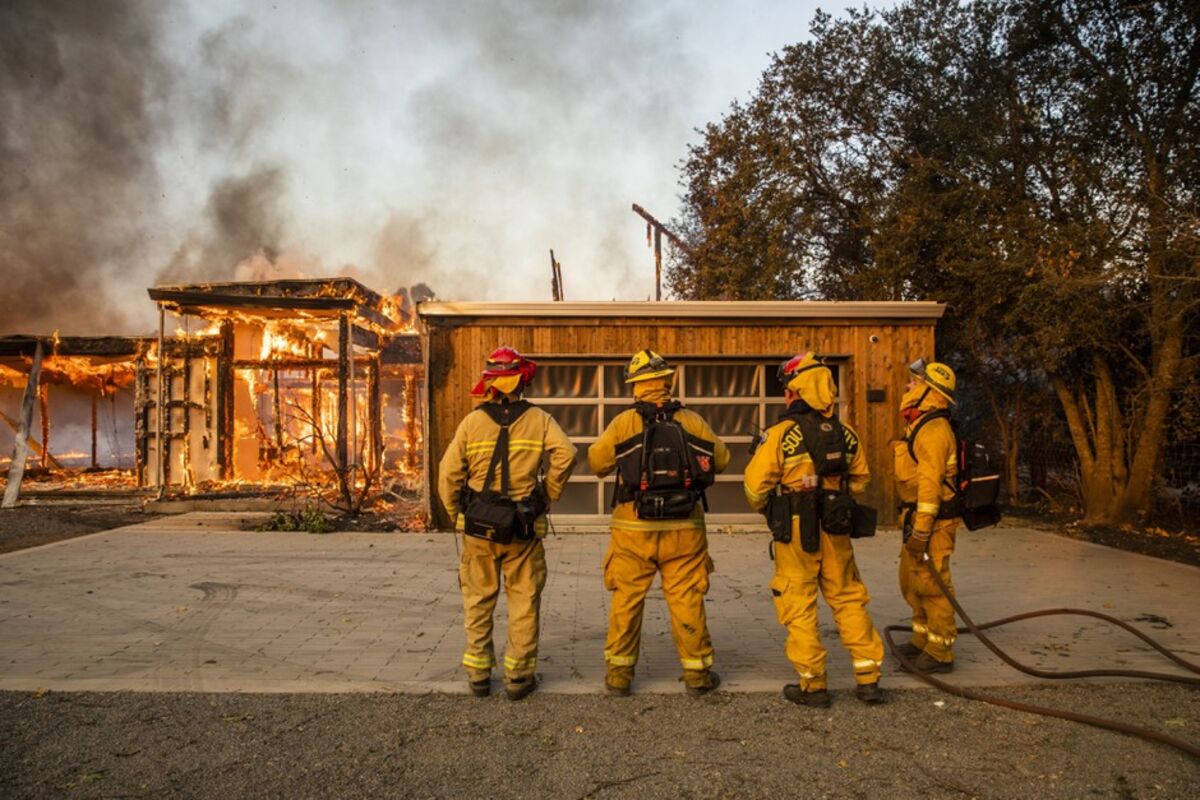Firefighters live on the edge as they constantly put their lives at stake to save others. According to CDC statistics, there have been 60 to 100 line-of-duty deaths among American firefighters each year since 2002. The numbers were declining until 2020, but the pandemic phase witnessed a significant increase in on-duty deaths.
The job role is demanding, with firefighters typically working 56 hours per week, extending the death risk beyond accidental deaths. These professionals are at high risk of diseases due to exposure, stress-related issues, and chronic conditions. Considering these increased job-related risks, insurance is crucial for firefighters.
While emergency services should do their bit to cover their teams like any organizational employer, professionals must also stay on top of a protection plan. The first step is to understand the optimal insurance benefits to provide to people putting their life on the line every day.
If you head the department, you must ensure coverage for your team on all fronts. At the same time, you must get a policy for an extra layer of protection. Here are some key facts regarding the recommended insurance for firefighters.
Why Is Firefighter Insurance Crucial?

Before diving deep into the coverage options for your firefighting team, you must understand why insurance is crucial for your department. The unique risk of the job profile is the primary reason to prioritize coverage.
Additionally, it keeps the employee morale high because they know that the department is invested in their safety and well-being. It also protects you from the financial burden of medical bills if the worst happens. But everything boils down to getting adequate and accurate coverage for your firefighters.
According to Provident Insurance Solutions, emergency departments must look for custom insurance programs to cover specific risks and needs according to the services they provide. Besides the basics like accident coverage, life insurance for firefighters is the most significant component of the package.
Since the company dates back to 1902 and has been serving emergency services since 1928, it offers more than insurance packages and services. It also guides providers regarding the ideal coverage options for their teams according to their custom requirements.
What Are the Recommended Firefighter Insurance Options?

Firefighters encounter unique risks and challenges in the line of duty, so they require broader coverage when it comes to insurance. These go beyond the conventional ones for employees in regular workplaces, so emergency service providers must think outside the box. Here are the ones you must provide to your team:
Firefighter Life Insurance
Emergency departments send firefighters on death missions every day, so it is vital to ensure they are ready for the risk. When it comes to coverage for your team, life insurance for firefighters should be on top of your checklist. Group life insurance is the best option for departments as it is an affordable option. Consider it a small price for safeguarding your team in emergencies and having peace of mind.
Accident and Health Coverage

Although life insurance is the most significant aspect of coverage, you cannot overlook the importance of accident and health policies. It provides a financial cushion in the event of an unexpected mishap with income replacement and additional benefits to ensure the financial security of injured or sick firefighters and their families.
24-Hour Accidental Death and Dismemberment (A D&D) Program
With the 24-Hour AD&D program, you can provide coverage for your employees beyond work hours. The plan covers them 24 hours a day at all locations, so they get protection even when they are off-duty. Since accidents are one of the leading causes of death among young Americans, this coverage element isn’t worth missing out on.
Property, Casualty, and Liability Insurance
Firefighting agencies should also get property, casualty, and liability coverage to protect themselves and their employees. This is a more comprehensive package that covers a lot of things, from pollution hazards to slips and falls, management liability risks, and emerging issues such as data breaches. Anything that may impact operations and employees comes under the plan.
Critical Illness Insurance

Accidents are not the only threats firefighters come across in the line of duty. They may suffer from critical illnesses such as cancer. According to statistics, firefighters have a 9 percent higher risk of getting a cancer diagnosis and a 14 percent higher cancer mortality rate than the general U.S. population.
Likewise, strokes, heart attacks, and kidney failures are other threats running high for these professionals. Critical illness insurance offers adequate coverage to address these risks.
Disability Insurance
Disability can keep firefighters from doing their job. The risk runs high for them because sickness and injuries are common in the field, where risks are rampant. Disability insurance is an ideal alternative to cover professionals who become unable to work.
It helps them maintain an optimal standard of living with a part of their income even when they no longer work. They can fulfill their needs and look after their families despite the loss of regular income.
Workers’ Compensation

Running a firefighting department is like managing a business, where employers need to provide workers with compensation if they sustain injuries in the course of work. Firemen are entitled to the workers’ compensation benefits available to American workers in any other industry.
Departments must invest in workers’ compensation insurance to disburse compensation for medical expenses and lost wages to injured employees without disrupting their finances.
Conclusion
Life can be unpredictable, specifically for firefighters dealing with grave risks and threats every day as they battle dangerous situations to save lives. It is vital to give these heroes the recognition and respect they deserve. Ensuring they have enough insurance coverage is one way to show your appreciation as an employer.
Emergency departments should not skimp on these coverage elements because they go a long way in protecting firefighters in the worst situations. Consider these insurance policies an essential part of operations, even if you need to spend a bit on the coverage policies. They are a small price for peace of mind and protection of your people.









